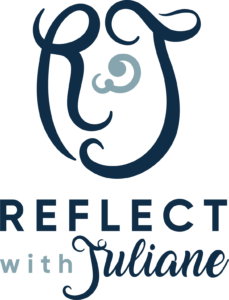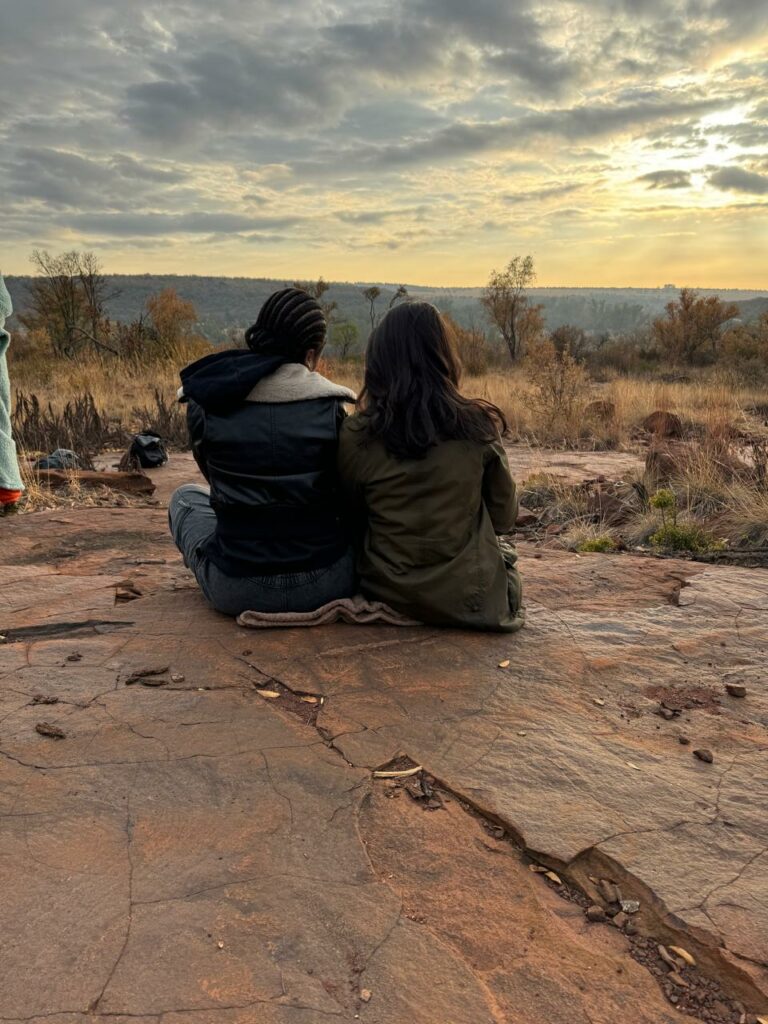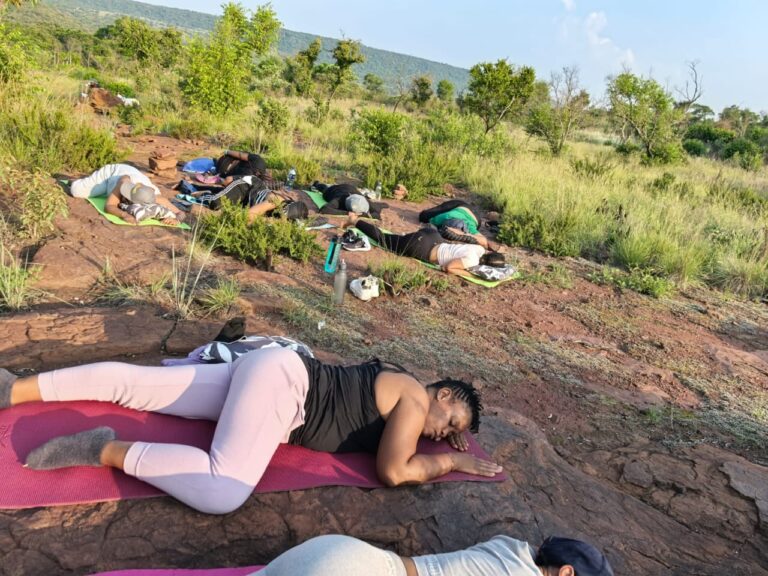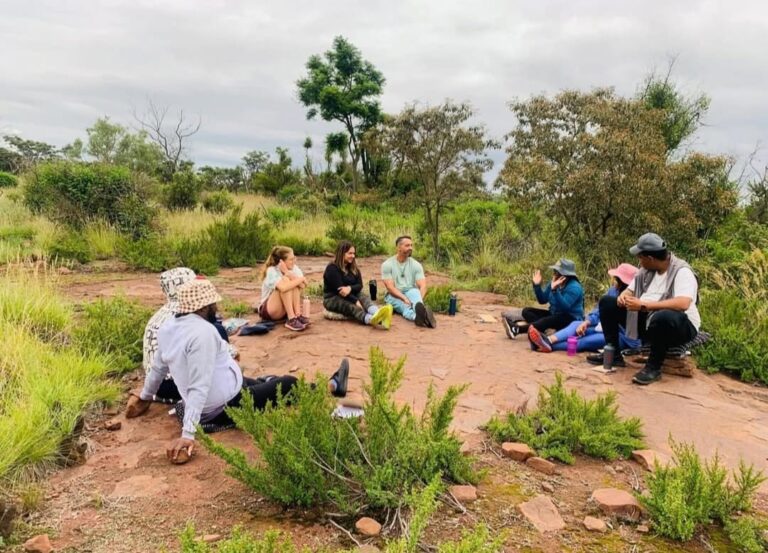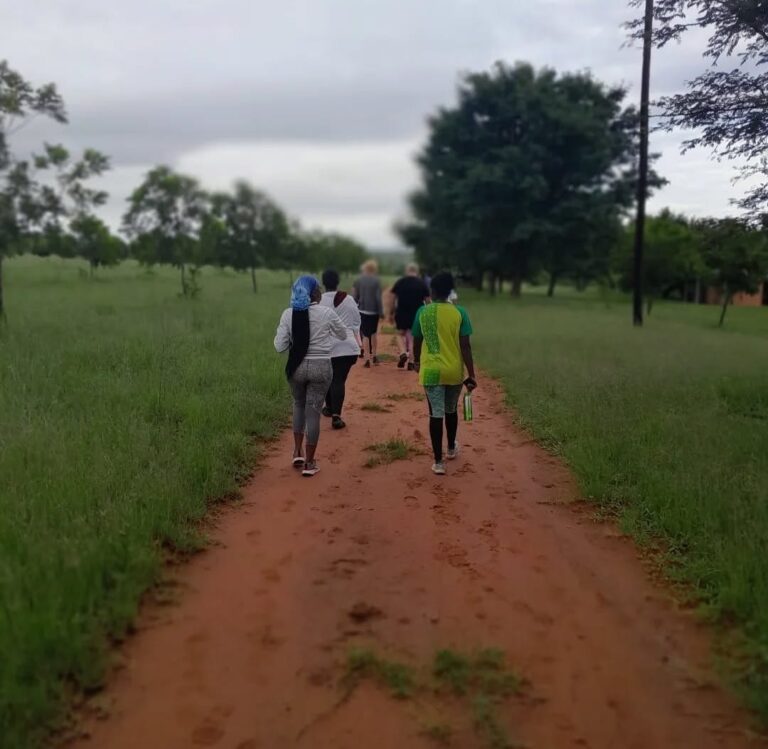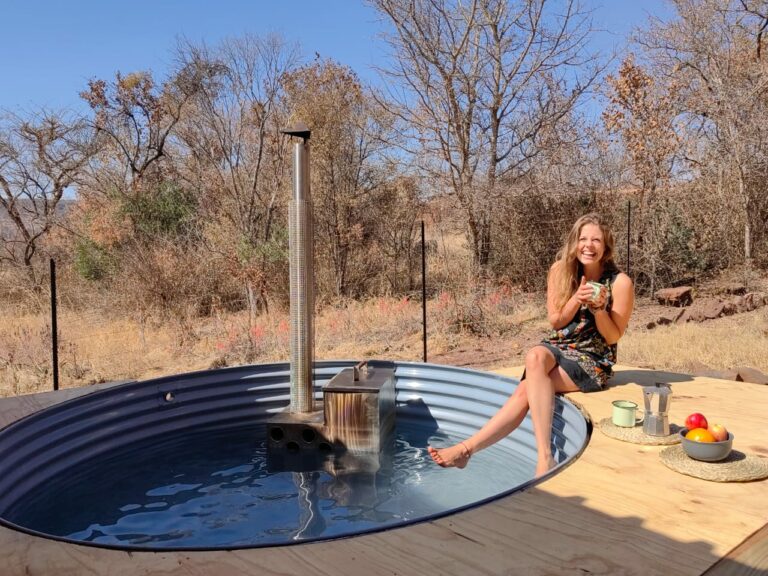Contact
Arrange an introductory appointment now
address
Reflect with Juliane – M. Sc. Psychology and Systemic Counsellor
Opening hours
Virtual meetings & face-to-face meetings in Johannesburg (Sandton) or Pretoria (Menlyn Maine) on appointment.
Book appointments easily using Calendly

